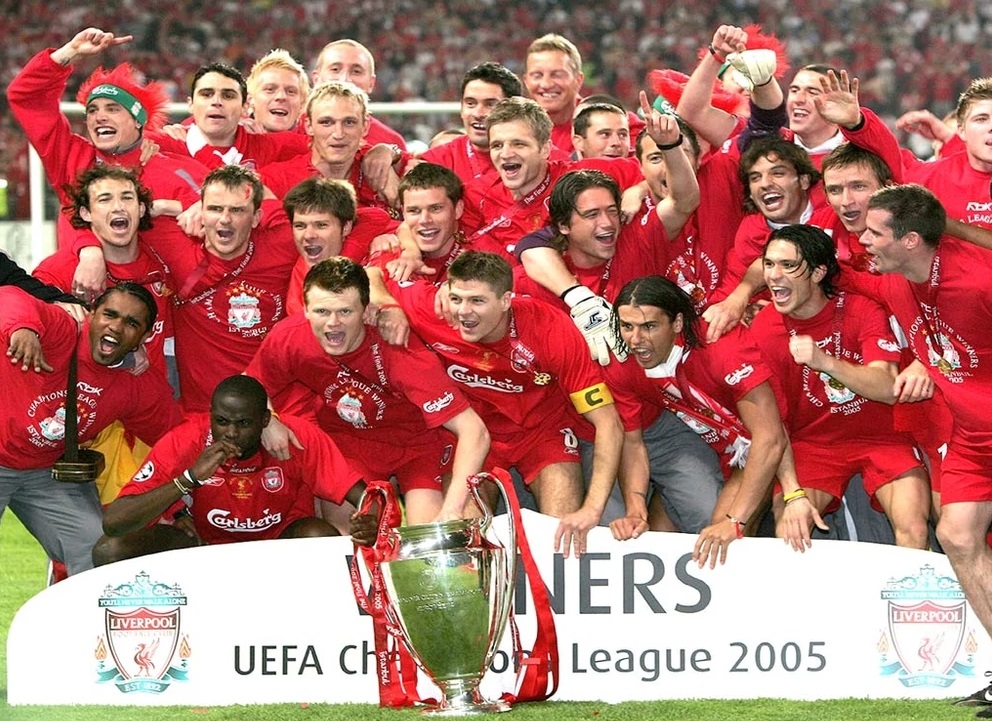
Two records after 5:2: Galatasaray sets new standards. With the 5-2 home win against Juventus Turin, Galatasaray took a historic step in the first leg of the UEFA Champions League playoff round and opened the door wide to the next round

The English Premier League has always been a high-stakes environment where patience is a luxury few owners can afford

For serious football enthusiasts, the difference between a profitable season and a break-even one often comes down to effective bankroll management and the strategic use of incentives

It was the last Matchday in the League stage, and oh did fans get a treat. The new format presented in the 2024/2025 season changed quite a bit and left fans confused if the change was going to be good. Well after 2 years, it is safe to say the change made an impact as tensions were high until the last minute of matches. Here are some surprising moments in the decisive minutes

Football is no longer confined to packed stadiums. It now lives across screens, platforms, and global online communities

Historical data has always shaped football analysis, yet its role grows stronger in betting markets. In lower leagues, limited media coverage increases the value of past meetings

Football fans love excitement, anticipation, and the thrill of a big win which is exactly why online slots can feel surprisingly similar to match day

Mostly, non-football fans see this type of sport as bold numbers, such as goals or league positions, however, for the real fans, football is much more than that

Live sports betting has transformed how enthusiasts engage with games across Kenya. This real-time wagering option allows bets during matches, adjusting odds as events unfold

Playing online casino games can be exciting, but understanding how to stay safe is essential for every player





















